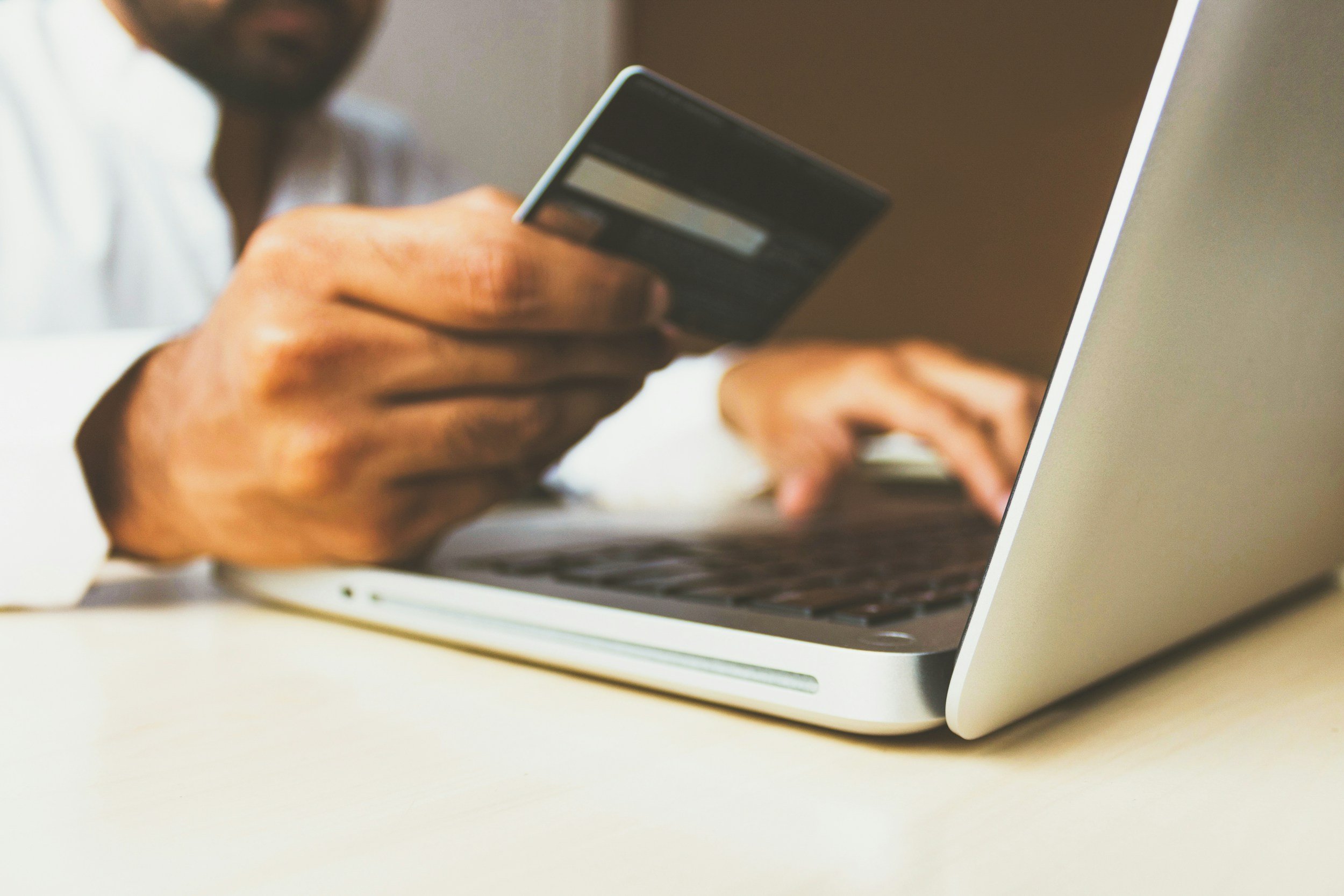Why Being Broke Makes You Want to Spend More
You’re broke. The rent’s due, your bank balance is gasping, and payday feels like a lifetime away. So why is it that in the thick of this financial stress, you suddenly feel the urge to splurge—on takeout, a new pair of trainers, or that overpriced flat white?
It seems irrational. But as psychology reminds us again and again: humans rarely act in strict accordance with logic—especially under pressure. So let’s break down why being broke can paradoxically make you want to spend more.
1. The Tyranny of the Scarcity Mindset
When your resources are low, your brain enters a state of tunnel vision. This is known as the scarcity mindset, and it’s been well-documented by psychologists like Sendhil Mullainathan and Eldar Shafir. In this mindset, your cognitive load is overwhelmed by thoughts of what you lack—money, in this case—narrowing your attention and decision-making.
What gets squeezed out? Long-term thinking. Instead, you become hyper-focused on immediate rewards, often leading to impulsive decisions like unnecessary spending. Ironically, the very pressure to conserve resources makes it harder to do so.
2. Stress and the Search for Comfort
Financial strain is one of the most chronic and psychologically corrosive forms of stress. It’s not just about numbers—it’s about security, identity, and autonomy. When under stress, our brains crave dopamine, the neurotransmitter associated with reward and pleasure. This is the same neurological pathway activated during moments of indulgence.
In other words, spending—even something small—can feel like hitting a reset button on stress. That coffee, that online order, that night out: they become temporary escapes from an otherwise heavy reality.
3. The Illusion of Control
When money is tight, we often feel powerless. Life feels like it’s happening to us, not with us. And spending—ironically—can provide a fleeting sense of agency. Choosing to spend on something (even if ill-advised) gives a sense of control over our circumstances.
It’s an act of self-determination in a moment that otherwise feels dictated by limits and obligations.
4. Social Pressure and Emotional Identity
Money isn’t just functional—it’s symbolic. How we spend, save, and budget reflects our values, aspirations, and social identity. So when you’re broke but surrounded by friends or influencers who spend freely, resisting that pressure can feel like social isolation.
Spending, in this context, becomes a way to affirm identity and maintain social cohesion—even if it puts you deeper into the red.
5. Emotional Spending as Self-Soothing
Finally, there’s the raw emotional undercurrent. Being broke can evoke shame, frustration, and even grief. Retail therapy isn’t just a meme—it’s a form of self-soothing. It’s an attempt to inject a bit of joy or stability into emotional chaos.
From a psychological standpoint, this is an avoidance strategy. Rather than confronting the discomfort of financial insecurity, we buffer it with short-term comforts.
So, What Can Be Done?
Awareness is a powerful first step. Recognising these cognitive traps—scarcity, impulsivity, emotional reasoning—can help you pause and reflect before acting. Building in small buffers (like automatic savings, spending limits, or cash-only days) creates friction between the urge and the action.
But perhaps most importantly, we must stop moralising financial struggle. Being broke isn’t a character flaw. It's often the result of structural issues, life shocks, or simply the modern economy. Compassion, not shame, paves the way to better habits.
Capital Cognition is about understanding the brain behind the budget. When we bring psychological insight to our financial behaviours, we don’t just manage money—we manage ourselves.










